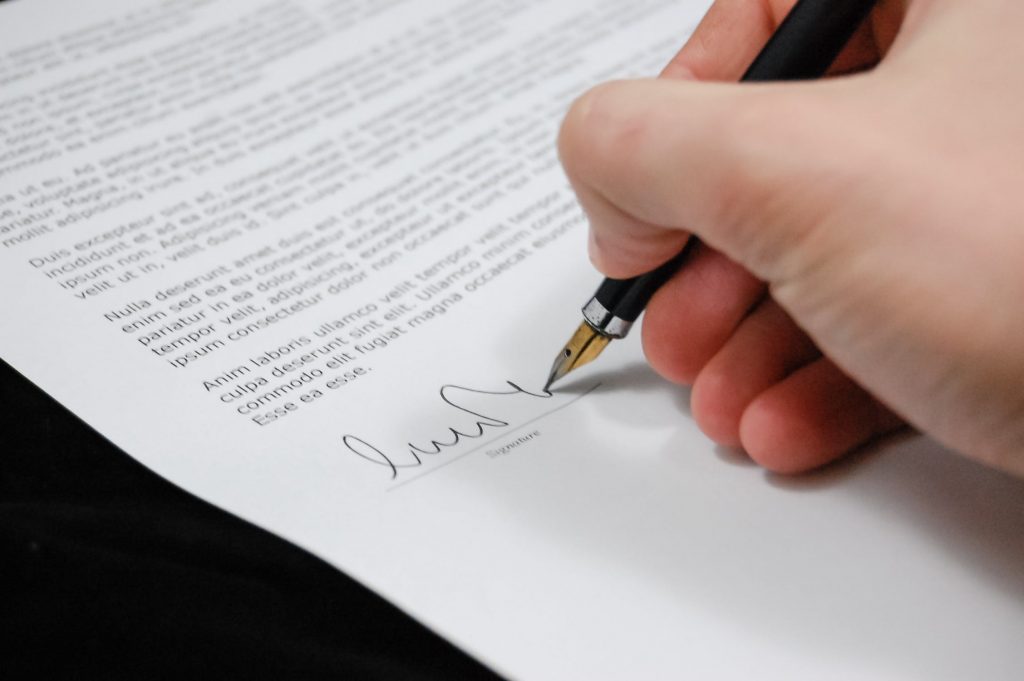
What is Power of Attorney and What Rights Can it Grant?
Do you find yourself asking what is Power of Attorney or what does it do? Simply put, it grants another individual the ability to make certain decisions on your behalf. The decisions they can make, and the limits of these decisions, depends entirely on the parameters you layout in the legal document.
To put it another way, “power of attorney” does not refer to a specific set of legal decision-making rights to a particular individual. You may choose to grant another individual “general” power of attorney, which authorizes them to handle standard legal affairs such as signing contracts or real estate transactions. For example, perhaps an elderly parent plans to purchase a home in another state, where their adult daughter lives. The parent might grant a general power of attorney to their daughter so that the daughter can purchase a home on their behalf, avoiding the need to travel back and forth in the meantime.
Limited Powers
For more niche situations, such as a particular business deal or transaction, granting “special” or “limited” power of attorney may be more appropriate. Perhaps the owner of a company plans to send one of their trusted employees to inspect and purchase some new equipment. The owner can grant this employee special power of attorney limited to writing and signing a check for the exact amount of the new equipment, and specify that this is only granted for this specific purchase.
This example illustrates one of the benefits of this legal mechanism: flexibility! Compared to similar practices such as legal guardianship, custodial accounts, or joint ownership, it can be granted in a way that specifies the exact legal boundaries and circumstances in which, and for which, these rights are granted. It also limits the liability of the party who grants the power of attorney to another individual — if the agent acts outside of the boundaries set, their actions cannot be considered legally binding.
Of course, this makes it extremely important to ensure that your documentation accurately reflects the legal decision-making rights you wish to grant to the other party. This is where consultation with an experienced attorney is helpful. Our law office can work with you to compose your power of attorney documentation in such a way that minimizes risk and liability without hindering the actions and decisions your agent will need to make on your behalf.
Contact us if you have any questions or would like to learn more!

